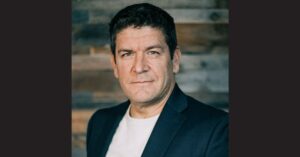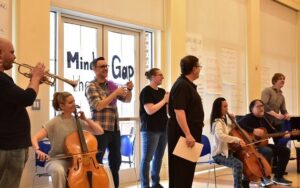Rita Schwarzer, Neue Zürcher Zeitung
Most people in David Blankenhorn’s environment are convinced Trump opponents and were appalled by his election victory. Nevertheless, the 52-year-old sociologist initially suppressed all sorts of emotions and instead tried to calm down his surroundings: “We already had other problematic presidents. We’ll survive him, too. “Nevertheless, Blankenhorn quickly took action and founded the Better Angels organization, The name was given by President Abraham Lincoln, who appealed to the peace of his compatriots shortly before the outbreak of the American Civil War and to their “better angel”. “That,” says Blankenhorn, “meant the good part in each and every one of us.” He fears that American society may once again slide into a phase of violence. “Most of the people I know have never experienced such political hostility.”
Blankenhorn knows from experience that people with conflicting views do not necessarily have to be enemies. As founder of the Institute for American Values and co-director of the Marriage Opportunity Council, until a few years ago he was one of the most prominent and ardent opponents of same-sex marriage in the US – until he met Jonathan Rauch, the author of the book “Gay Marriage. Why It’s Good for Gays, Good for Straights, and Good for America ». The two men met for the first time during a debate at a conference. They kept in touch, got closer to each other over time and are now friends.
Essentially, the concept of Better Angels is based on the willingness to “listen to one another without wanting to change the other”.
This experience with Rauch and other homosexuals from his circle of friends led Blankenhorn finally to give up his opposition to the marriage certificate for same-sex couples. In a commentary in the New York Times, he announced his change of mind.
Essentially, the concept of Better Angels is based on the willingness to “listen to one another without wanting to change the other”. In the state of Ohio, Blankenhorn found 21 women and men ready to sit together for two days under the guidance of experienced coaches: 11 liberals, 10 conservatives. They wanted to learn more about the feelings, beliefs and experiences of those who think differently and about possible similarities.


